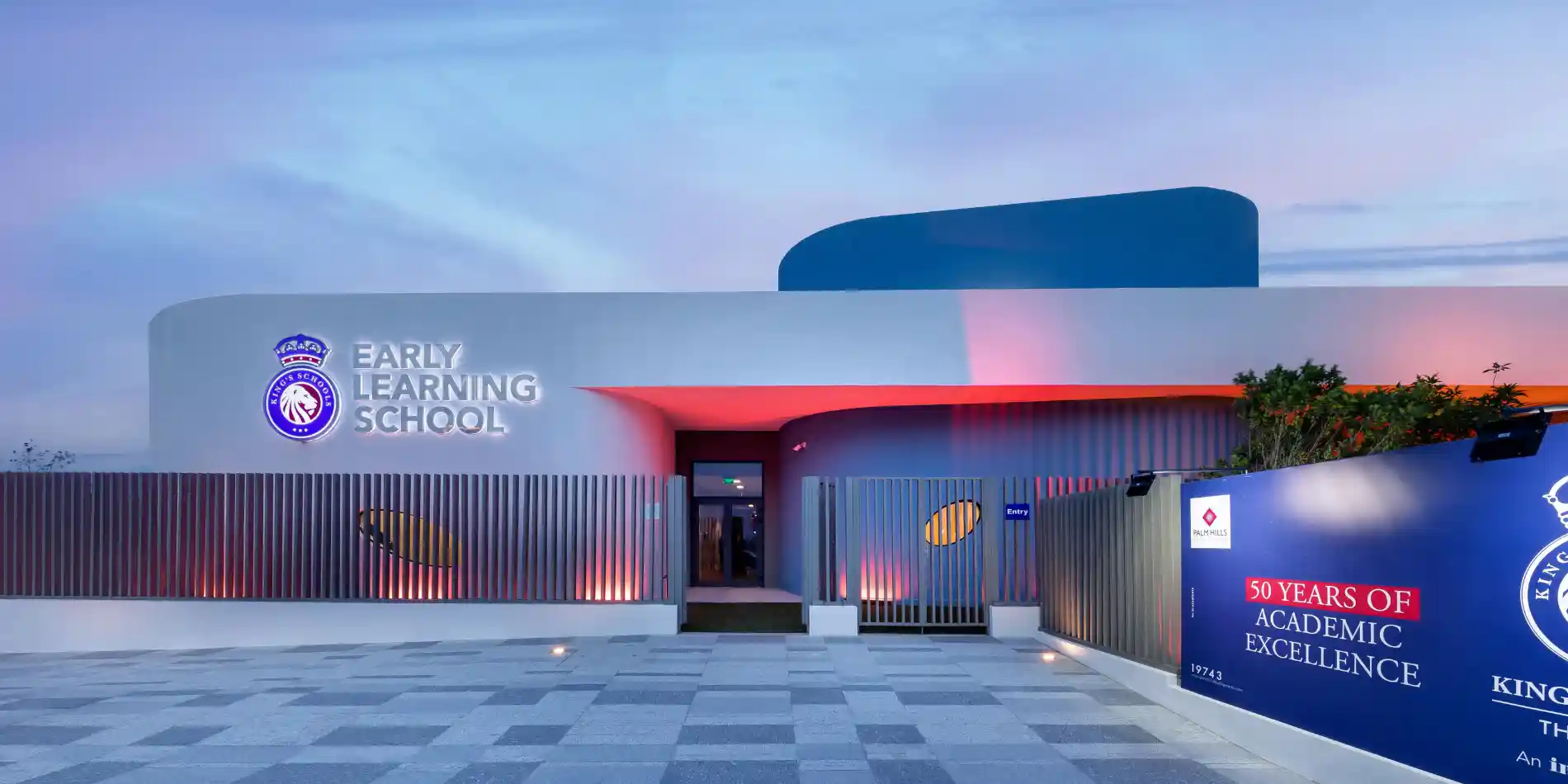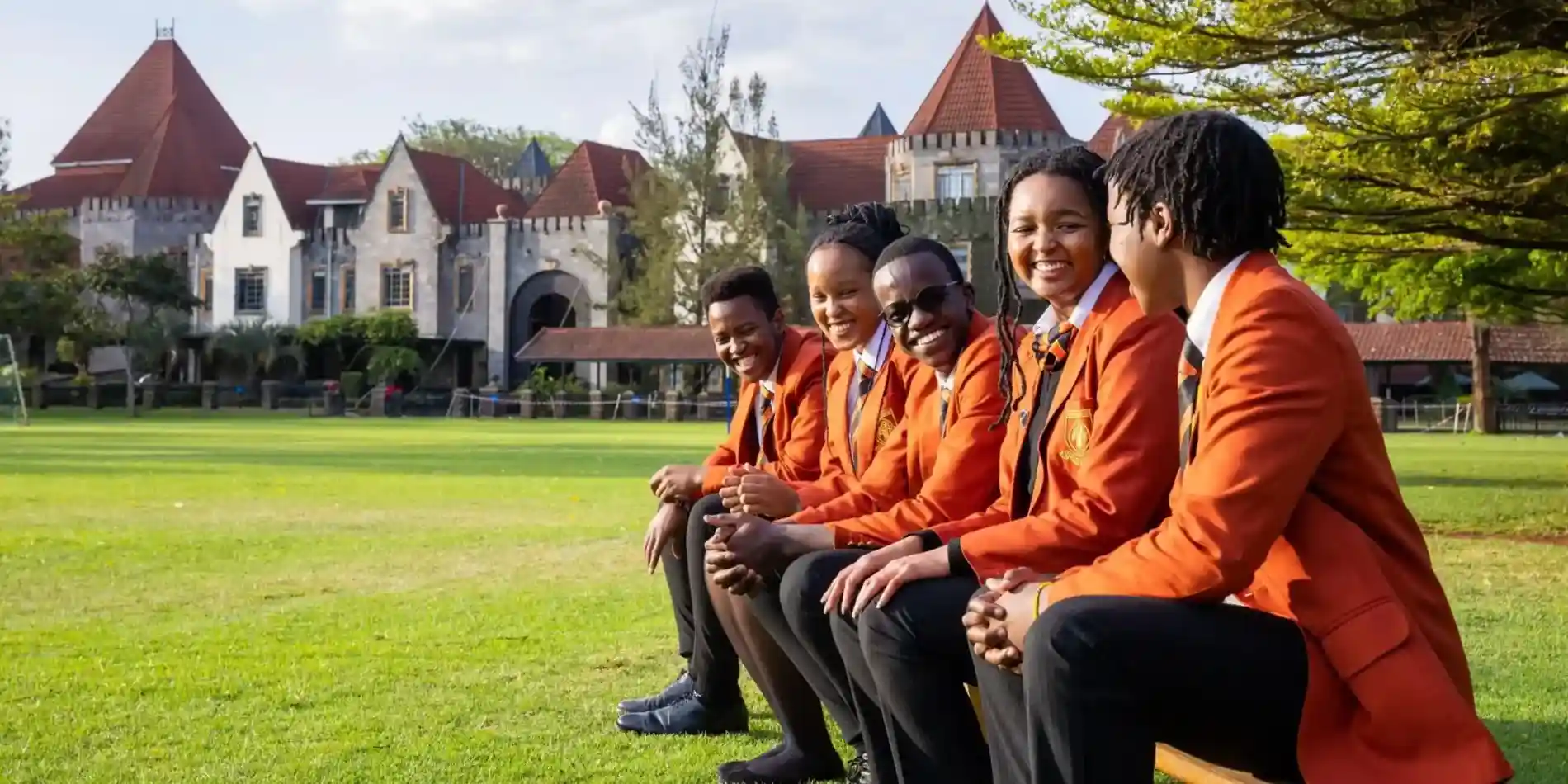British Schools in Africa are a great choice for both local and expat families as they offer globally recognized curricula, outstanding academics plus a nurturing environment for children. Discover our selection of the best British Schools in Africa, including reviews, fees, and why families choose them.
Why choose a British School in Africa?
Choosing an educational path for your child is a pivotal decision, and many parents are turning to British schools in Africa for a unique blend of global standards and local enrichment. British schools on the continent are renowned for their rigorous academic programs that follow the globally recognized UK curriculum. This curriculum not only prepares students for a wide range of international examinations but also offers a structured, disciplined approach that is highly valued by universities and employers worldwide.
Global Recognition and Opportunities
The British educational system is respected around the world for its quality and depth. Schools adhering to this system in Africa offer qualifications like the IGCSEs and A-Levels, which are gateways to further education globally. Graduates from these programs are well-equipped to pursue higher education in prestigious universities across Europe, North America, and beyond. This global recognition is paired with opportunities to engage in internships and extracurricular activities that enhance students' resumes and life experiences.
A Culturally Enriched Learning Environment
Studying in Africa, students benefit from a culturally diverse environment that enriches their educational experience. British schools on the continent integrate local cultural elements with a Western educational framework, providing a balanced perspective that fosters global citizenship. This integration helps students develop a broader understanding of various cultural dynamics and enhances their ability to adapt and thrive in diverse settings.
Focus on Holistic Development
British schools often emphasize not only academic excellence but also the holistic development of students. This approach nurtures critical thinking, creativity, and personal development. In Africa, these schools support a wide array of sports, arts, and community service activities, encouraging students to explore and develop various aspects of their personalities and skill sets.
Advanced Facilities and Resources
Many British schools in Africa boast state-of-the-art facilities that rival their counterparts in the UK. From modern science labs and technology-rich classrooms to extensive sports fields and arts spaces, these schools are equipped to provide a comprehensive education that stimulates intellectual and physical growth.
The decision to enroll your child in a British school in Africa can provide them with an exceptional foundation for future success. The blend of rigorous academics, a globally recognized qualification, a multicultural environment, and a focus on holistic development creates a fertile ground for nurturing young minds ready to take on the challenges of the modern world.
Top rated British Schools in Africa 2025
King’s School The Crown
Why parents choose this school
Brookhouse School
Why parents choose this school
UK Curriculum Online Schools in Africa
How much do British Schools in Africa cost?
According to World Schools data, the yearly tuition fee for British Schools in Africa ranges between $4900 and $8300. However, the cost varies significantly depending on various factors such as the school curriculum, extracurricular activities, location, and facilities, and can go up to $27000.
The average yearly cost is $7200, around $800 per month, and can go up to the maximum monthly cost of $2700.
Additionally, most schools will also charge a one-time registration fee, and you also need to count an extra budget during the year for extracurricular trips, holiday camps, etc.
If you would like to explore British Schools in Africa with yearly fee filters, please use our advanced search filters.
Understanding the UK Curriculum
Summary
British schools in Africa offer a unique blend of internationally recognized academics and a culturally enriched environment, making them an excellent choice for holistic child development. These institutions not only prepare students for global higher education opportunities but also emphasize personal growth through diverse extracurricular activities.







